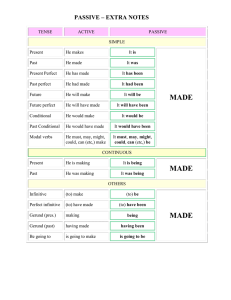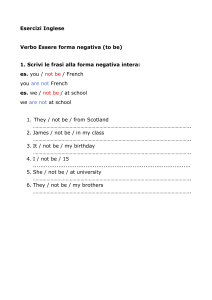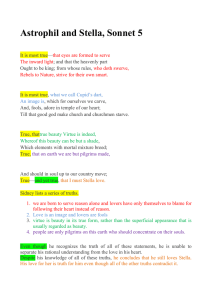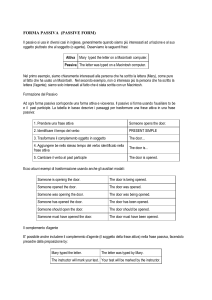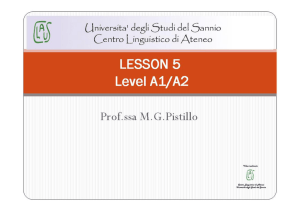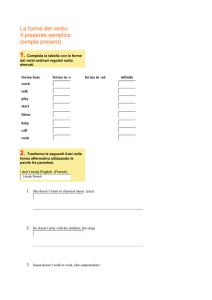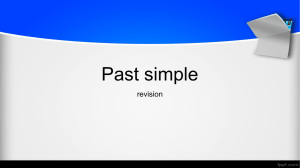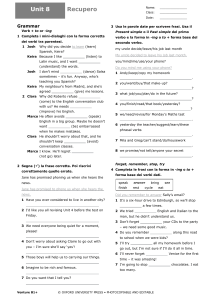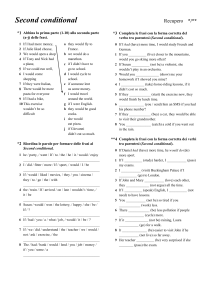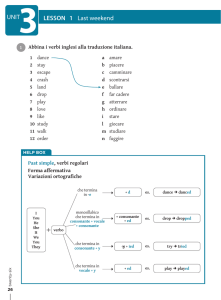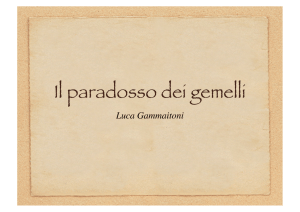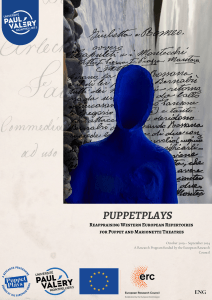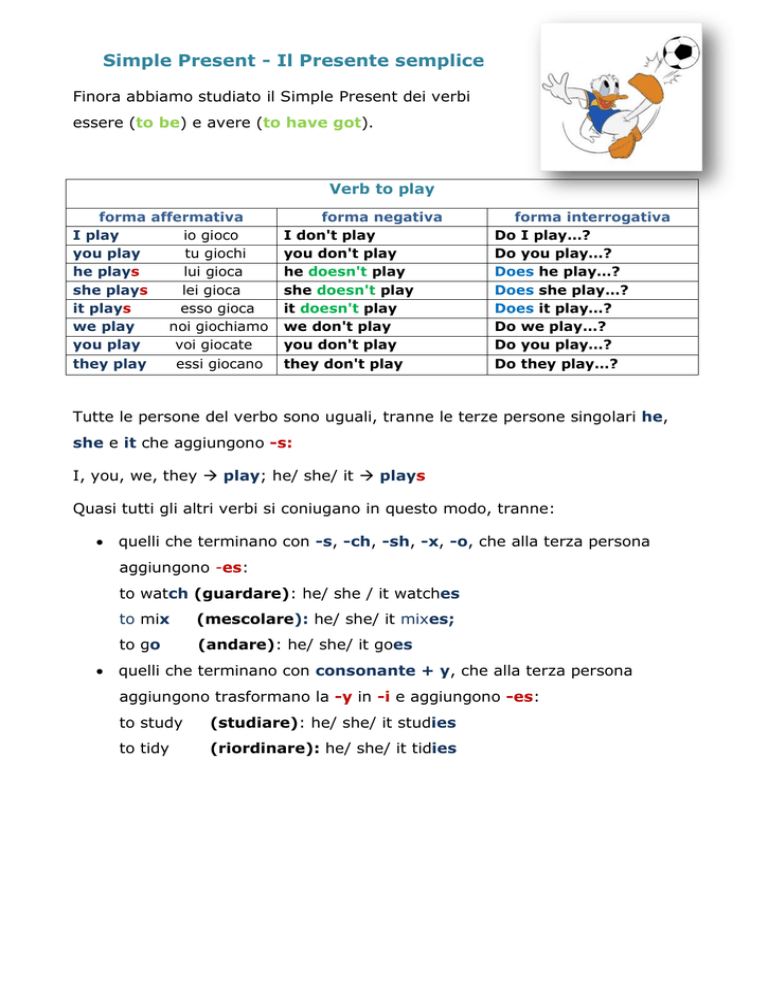
Simple Present - Il Presente semplice
Finora abbiamo studiato il Simple Present dei verbi
essere (to be) e avere (to have got).
Verb to play
forma affermativa
I play
io gioco
you play
tu giochi
he plays
lui gioca
she plays
lei gioca
it plays
esso gioca
we play
noi giochiamo
you play
voi giocate
they play
essi giocano
forma negativa
I don't play
you don't play
he doesn't play
she doesn't play
it doesn't play
we don't play
you don't play
they don't play
forma interrogativa
Do I play…?
Do you play…?
Does he play…?
Does she play…?
Does it play…?
Do we play…?
Do you play…?
Do they play…?
Tutte le persone del verbo sono uguali, tranne le terze persone singolari he,
she e it che aggiungono -s:
I, you, we, they play; he/ she/ it plays
Quasi tutti gli altri verbi si coniugano in questo modo, tranne:
quelli che terminano con -s, -ch, -sh, -x, -o, che alla terza persona
aggiungono -es:
to watch (guardare): he/ she / it watches
to mix
(mescolare): he/ she/ it mixes;
to go
(andare): he/ she/ it goes
quelli che terminano con consonante + y, che alla terza persona
aggiungono trasformano la -y in -i e aggiungono -es:
to study
(studiare): he/ she/ it studies
to tidy
(riordinare): he/ she/ it tidies

